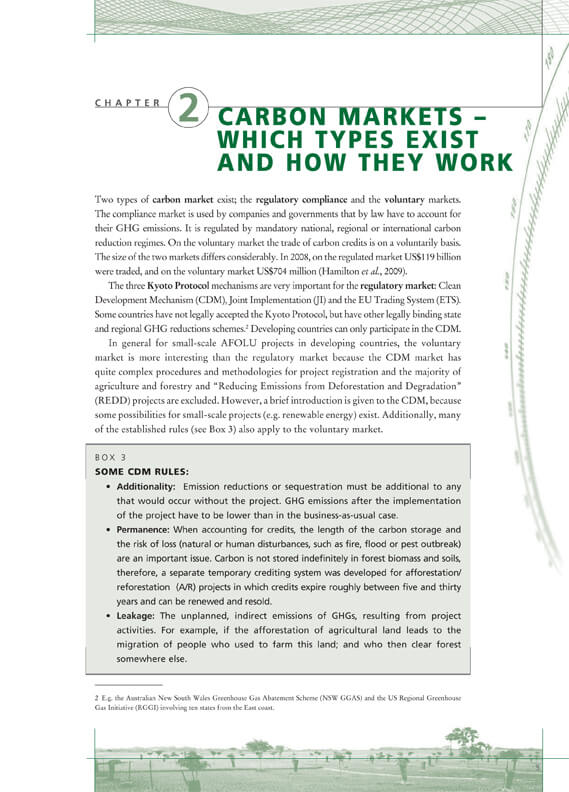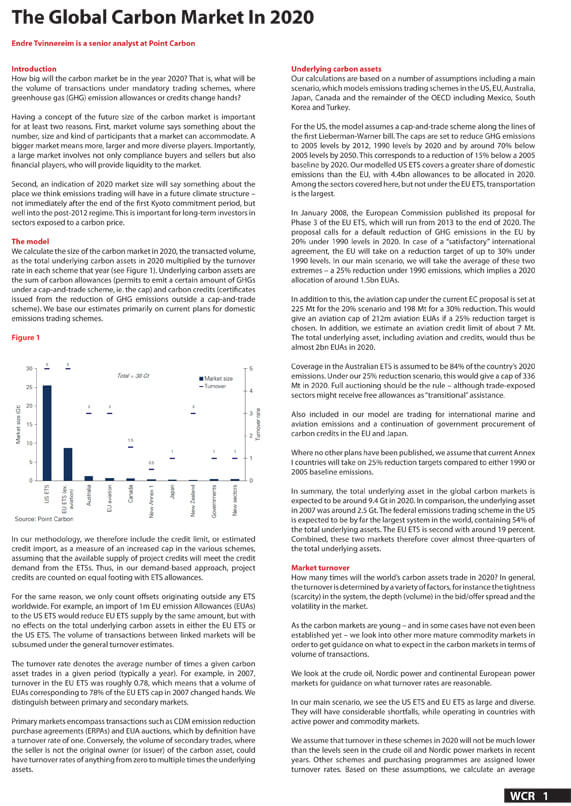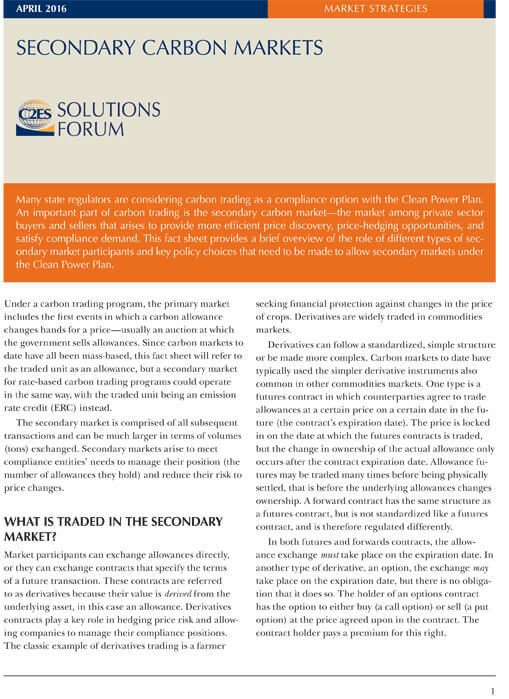

The FHC (www.FloridaHempCoalition.org) was founded by EarthCorp on June 7, 2017 The Costa Rican Hemp Coalition (Coalición Costarricense de Cáñamo (CCC) was founded by ECF on June 2, 2019 for the same purpose. These organizations represent the beginning of a global franchise style model to create large volumes of carbon Credits (Carbon Offset Credits).
By 2050, approximately 80 percent of the world population is expected to live in urban areas, and the growing population will lead to an increased demand for food. Efficient vertical farming can play a significant role in this food supply demand. The United Nations Food and Agriculture Organization (FAO) is launching a program to promote urban farming across the developing world as part of the effort to deal with this dramatic population surge. According to the FAO, vertical farming consumes 75 per cent less raw materials than traditional farming and requires 60 watts of power daily to grow 150 kg of vegetables in 30 days. To obtain this quantity would require 6 m2 space while traditional farming requires at least 72 m2 land area. Water requirements can be reduced to 12 liters for 1 kg of vegetables due to recycling versus 300-400 liters in traditional farming. The success of indoor growing relies on sufficient electrical power supply due to the heavy demand of indoor lighting, water pumps, and related aspects.
The program is designed to use industrial hemp to remediate polluted soils and sequester (store) huge amounts of Carbon Dioxide (CO2) as part of reducing Greenhouse Gases (GHGs). Hemp and other fast growing, hardy species like bamboo and many grasses are able to survive and thrive in harsh climates while growing rapidly and storing lots of carbon as Soil Organic Carbon (SOC) and other components. Our industrial sectors produce large amounts of GHGs, like CO2, sulfur dioxide, and others. Under several international protocols such as the UN Sustainable Development Goals (SDGs), countries must reduce their carbon / GHG outputs every year in an effort to reach a carbon neutral status. This is no easy task under our current socioeconomic design because it is very expensive: it impedes businesses. Carbon credits represent a way for these industries to take quicker steps in their reduction programs by purchasing the credits raised in programs such as this to offset the GHGs they are producing. Ideally, they will also be initiating internal programs to reduce the GHGs as well. In either case, there is a very large and growing market for carbon credits.
By themselves, industrial hemp, bamboo, or grasses are not valuable crops and there is little incentive to grow them. Hemp has seen an increase in value for medical oils like CBD, but this is a limited market that has already seen a downturn. Despite their direct value being low, because these crops grow very fast, with little or no need for tending, they can store huge amounts of carbon. The EarthCorp programs are designed to support small farmers to raise these crops so EarthCorp can then sell the carbon credits to create income for the farmers and fund expansion of the programs along with other profitable environmental regeneration programs.
In some regions hemp can be developed into smaller industries to provide more job opportunities. The fiber from hemp is effectively used for producing construction materials that are environmentally favorable and fully renewable, including biocrete/hempcrete, plywood, fiberboard that is stronger and lighter than that made from wood. Municipal construction projects can utilize hemp materials to improve the environmental impact (Green Score) and reduce costs, as well as keeping the economic life cycle totally within the State.
Hemp oils can be effectively used for commercial biofuel for cars, trucks, and buses, thus greatly reducing greenhouse emissions from fossil fuels, reducing costs, and substantially improving the municipal and State environmental responsibility actions.
Commercially viable foods can be produced since hemp offers an alternative to crops produced in excess (such as cereals), and offers cultivation with limited environmental impact while fitting into sustainable farming systems. Hemp seeds contain the perfect balance of essential amino acids for sustaining good health. In addition, hemp seed oil contains necessary fatty acids, also known as good fats. Not only can hemp seeds provide valuable nutritional benefits to people, they taste very good and can also be used in pet foods.
Due to its high content of beneficial oils and natural emollient properties, hemp is becoming a common ingredient in lotions and many other skin, hair, and cosmetic products. It is a good alternative to the often toxic synthetics present in many petroleum based lotions and cosmetics.
Our initial program will begin in Vero Beach, Florida where our Urban Farms/W2E project will also be based. The property is an eco-hub for sustainable development where EarthCorp has partnered to develop projects that can be easily replicated nationally and globally. Our first step is to determine the measurable amounts of carbon that can be sequestered in the forms of above ground carbon (the actual plant biomass), soil organic carbon (the carbon that the plant passes through to the soil), and dissolved organic carbon (the carbon that is dissolved in water during rain and growth). With these variables confirmed we can establish the Carbon Credit value per hectare. We will also be measuring the ability of hemp to remove toxins from the sol, air, and water, such as herbicides, pesticides, and heavy metals.
Armed with this data we will approach major agricultural industries such as sugar cane, tomato, and citrus growers to team up. By planting hemp and other species we can remove the agrochemical runoff they produce which is damaging to local waterways and in Florida, the Everglades. By using the lands that are not under cultivation, lands adjacent to ongoing cultivation, and interior cultivation zones, we are able to remediate and regenerate the environment, create new jobs, and generate revenue from the carbon credits. A win, win, win scenario.

.jpg)

